A rich and diverse heritage to preserve
Jamaican rum has been built on centuries of history and expertise, passed down through generations within historic distilleries like Clarendon and Long Pond, whose origins date back to the 18th century. This rich tradition includes various production practices, resulting from local distillers' expertise and innovation over the years.
Among these practices is "continental aging," which involves aging part of the rum outside Jamaica - a method used for generations that has helped forge the reputation of excellence Jamaican rums have worldwide. Historical archives attest to this long-standing tradition, well before the arrival of contemporary players.
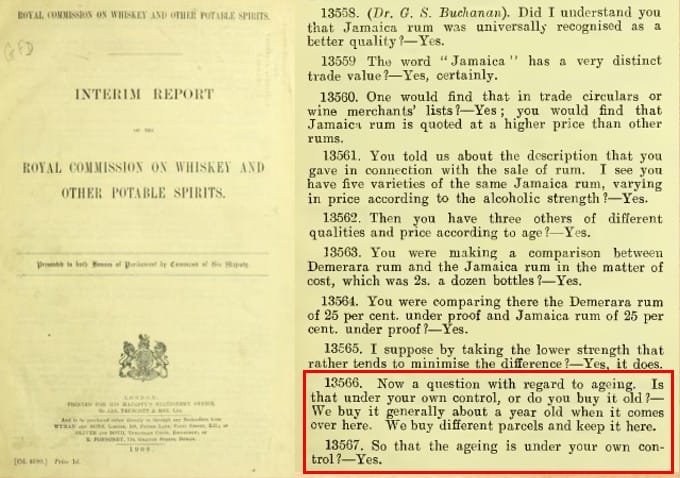
However, the new GI, by redefining certain authorized production methods, fundamentally challenges these ancestral practices.
National Rums of Jamaica (NRJ), owner of the Clarendon and Long Pond distilleries, which have been producing rum according to these traditional methods since 1753, legitimately protests against seeing this centuries-old heritage threatened.
NRJ is deeply concerned about the recent ruling by the JIPO regarding the rectification of the protected geographical indication "Jamaica Rum" [...] This decision could have significant consequences for NRJ, the Jamaican rum industry, and the broader economy. As stewards of rum production in Clarendon and Long Pond [...] we are currently reviewing all available options and will determine the appropriate course of action to protect our longstanding rum traditions and ensure the future sustainability of this important industry. We remain dedicated to safeguarding the legacy and quality of Jamaican Rum for generations to come and to protecting Jamaica's deeply rooted rum traditions.
For an inclusive approach respecting traditions
Faced with this situation, we stand alongside NRJ in advocating for an honest and respectful approach to geographical indication that recognizes and preserves the diversity of historical practices that have contributed to Jamaican rum's success.
Our position is not to impose our methods on other producers but simply to allow the continuity of proven traditional practices.
This inclusive vision helps protect Jamaica's unique heritage while leaving room for diverse expertise. It would also continue to offer consumers a wider range of products, reflecting the richness and complexity of Jamaican rums.
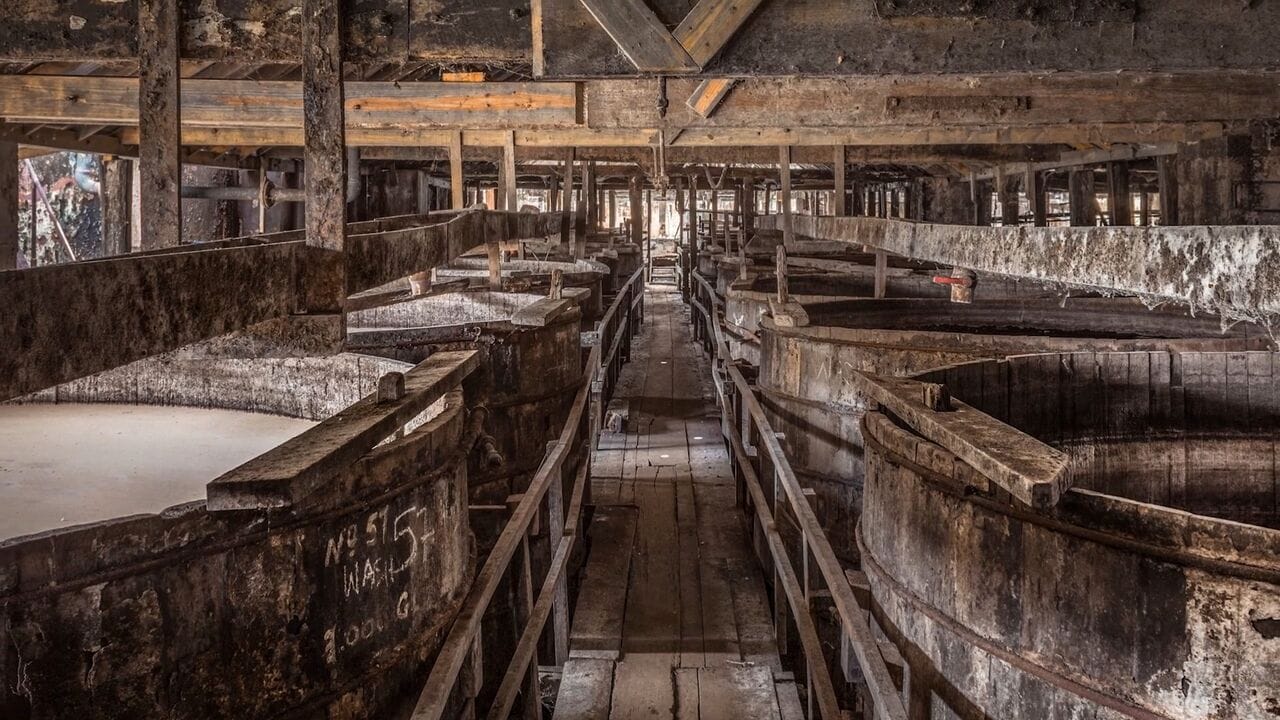
The future of a heritage at stake
If the new proposed GI is enacted, some distilleries, including the oldest on the island, risk seeing their economic model collapse, threatening numerous jobs in the rural areas where the distilleries are located.
Beyond these issues of preserving the local economic fabric, an entire part of Jamaican cultural heritage is at stake. Restricting these practices would mean impoverishing the offering and denying part of the heritage of historic Jamaican distilleries while diminishing the Jamaican rum offering in its super-premium segment.
This threat is particularly concerning for sites like Long Pond. The distillery recently recovered from a terrible fire that damaged its facilities in July 2018, destroying 72 wooden vats and 65,000 litres of rum. Through the relentless efforts of its dedicated team and substantial investments, it rose from the ashes in June 2022, with the inauguration of a new fermentation room, attended by Jamaican Prime Minister Andrew Holness. Let us hope that this JIPO decision won't be the final blow to this rum history monument and the passionate people who work there.
That is why, at Maison Ferrand, we remain convinced that constructive dialogue will lead to a consensus preserving Jamaican rum's identity while ensuring its future development. Our commitment is to perpetuate this precious heritage, respecting the history and the people who shaped it, for a dynamic and diverse Jamaican rum industry that remains true to its roots.



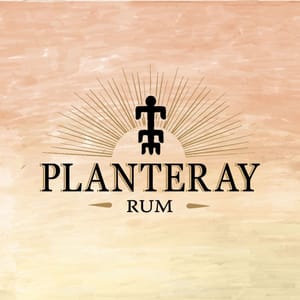
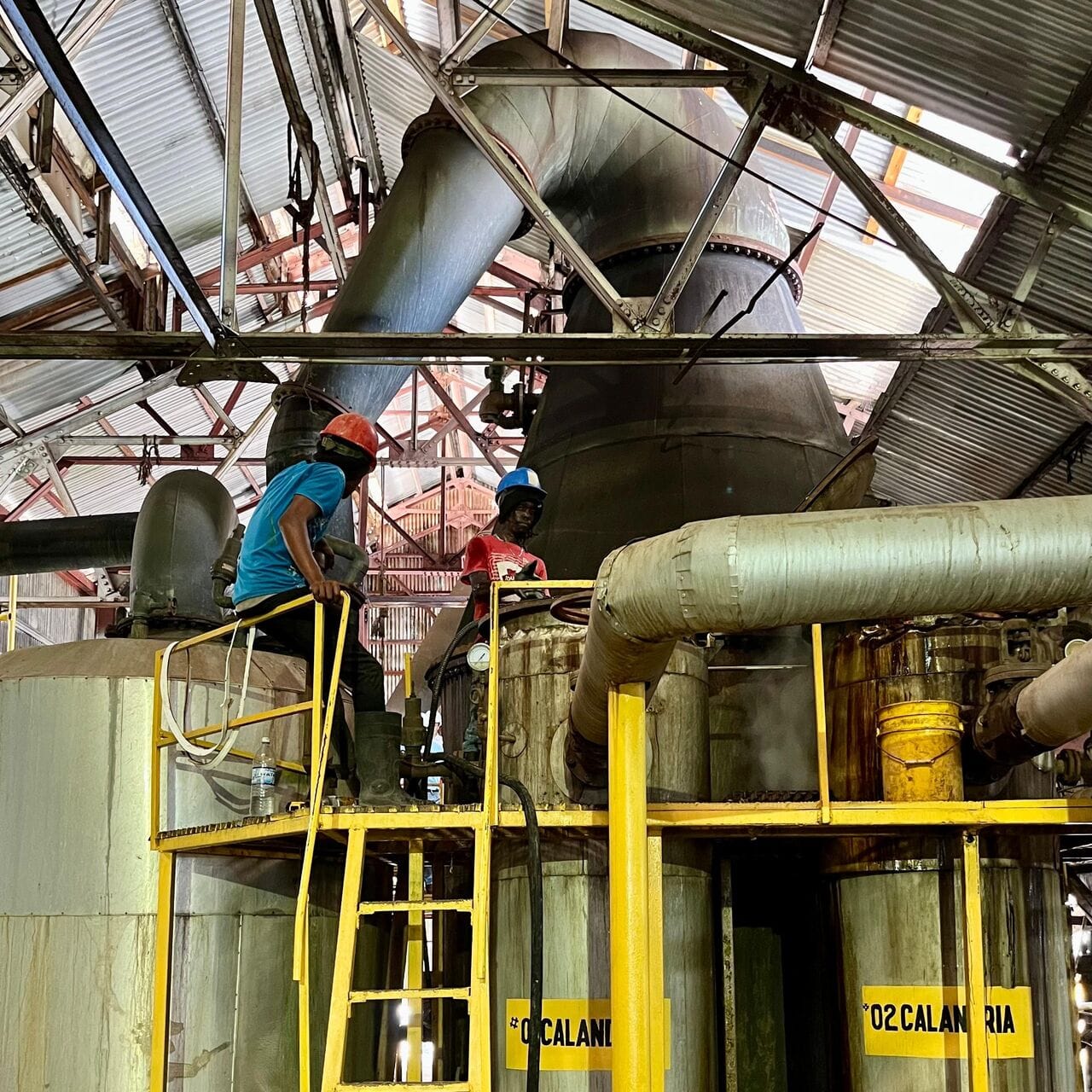
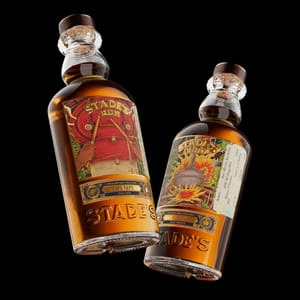
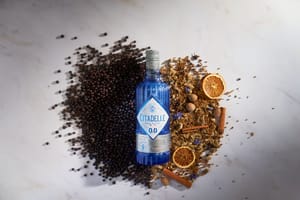
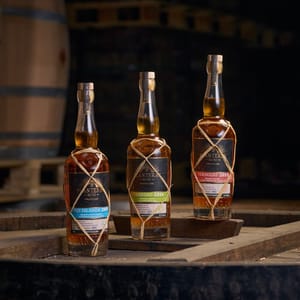
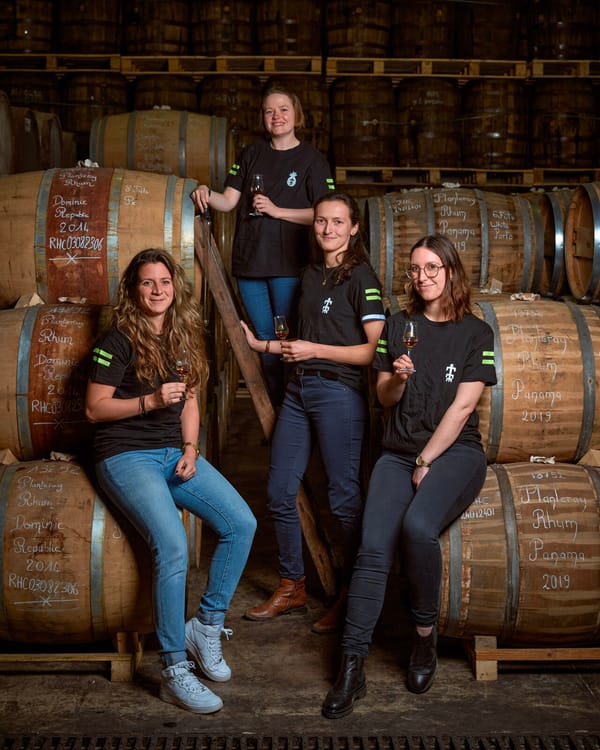
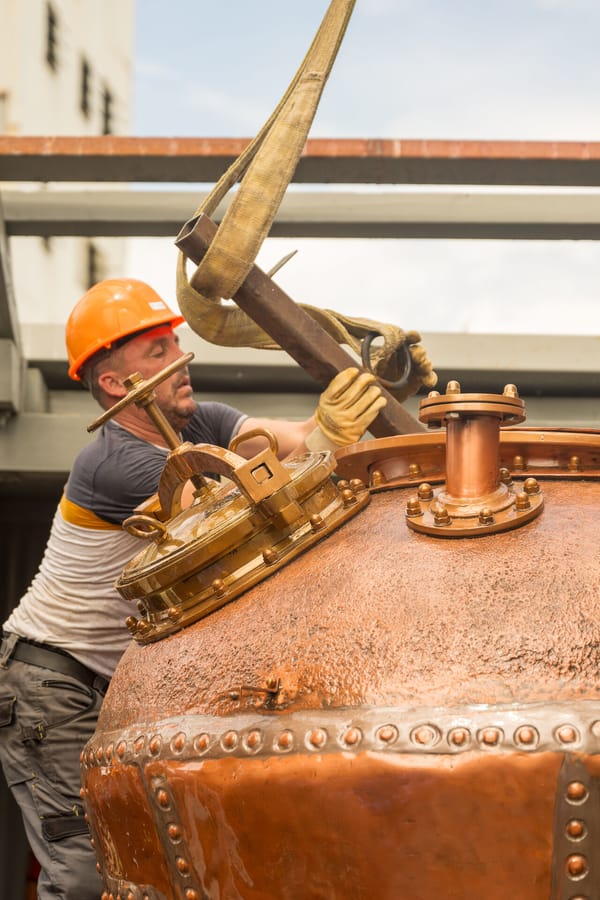
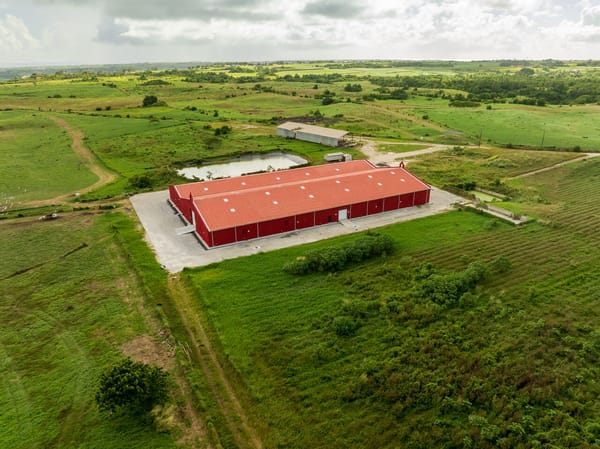

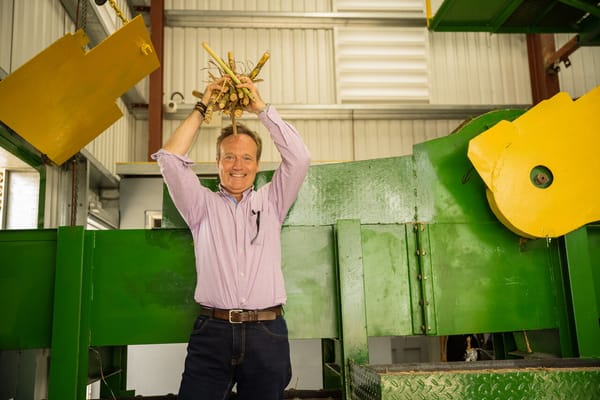
Member discussion